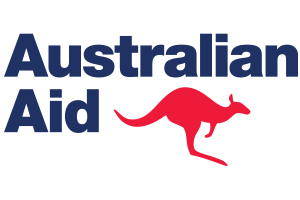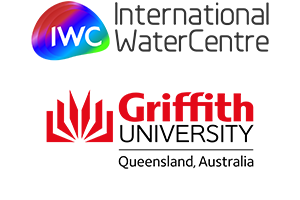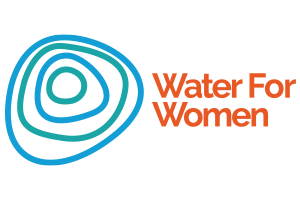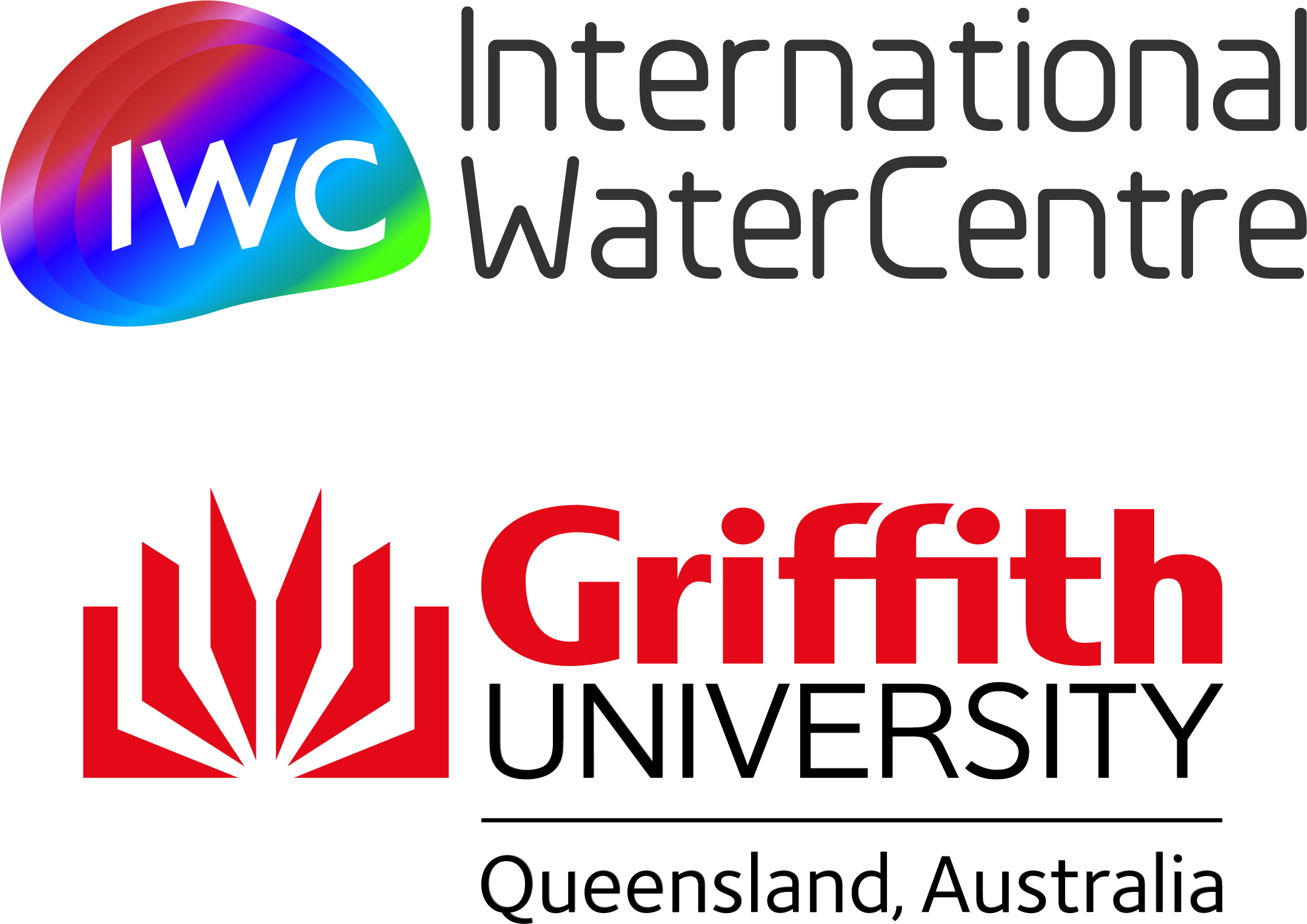As part of the WASH and COVID-19 Pandemic Virtual Symposium, the World Bank Water Global Practice, Asian Development Bank and partners are convening a workshop on the impact of COVID-19 on water and sanitation utilities.
Water is central to the initial response to COVID-19 and plays an important role in long-term public health. In this context, the World Bank and partners are convening a workshop to reflect on the impact COVID-19 has had on water and wastewater providers and their central role in the recovery.
Shona Fitzgerald from the World Bank reflects on the challenges utilities have faced: “It has been a difficult year for utilities, both in the way they do business and for the people they provide services to. It is now a protracted crisis. A lot of utilities are thinking through how to move from an emergency response to resilience”.
Three utilities, from Bangladesh, Brazil and the Philippines, will present at the workshop sharing their experience. Utility guest speakers include Engr. Taqsem A Khan, Managing Director and CEO at Dhaka WASA, Otávio Fernandes Frota, Management and Shared Services Superintendent at CAGECE and Atty Roel S. Espiritu, Head of Corporate Quality, Environment, Safety and Health at Maynilad Water. The session will provide an opportunity for participants to reflect on what they see as the resilient elements of each utility’s response to COVID-19 and then discuss how to embed these aspects in resilient planning.
Some of the experience shared will be around the initial response by utilities, for example, early on in the pandemic utilities were concerned for their supply chains and focused on logistics to continue service provision. It was challenging to know where and how operations would be affected, such as access to chemicals for disinfection.
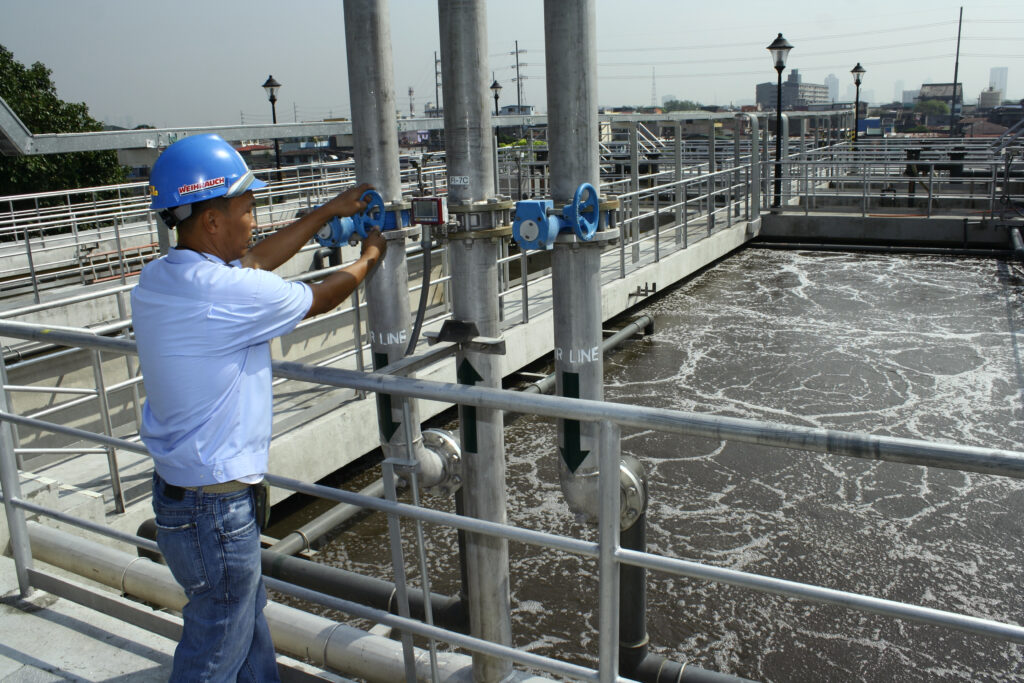
Worker at waster water treatment facility. Manila, Philippines. Photo: Danilo Pinzon / World Bank
Convenors and partners will share their experience as the months progressed, including:
- The various responses from utilities and governments, for example moratoriums on disconnections.
- The economic impact of the pandemic reducing people’s ability to pay for services leading to decreased revenue.
- The sudden shifts in consumption and demand patterns, which in general saw commercial and industrial consumption decrease and household consumption increase.
- Operational challenges such changes to pressure management in the network.
- Many utilities deferred their critical capital investments in order to manage the financial stress they were under. Some had to rely on subsidies, taking on more debt.
- The implications for the health and safety of workers. Water and sanitation are essential services and people need to be able to go to work to operate and maintain facilities. In many big institutions, not all had systems in place to allow people to operate remotely.
- In countries where COVID-19 is present in the community, utilities cannot go out and read meters, or maintain assets or have face to face time with customers. Physical distancing requirements and the need to put the safety of staff as paramount has posed challenges.
- Utilities often lack system architecture to be able to embrace remote technologies often relying on manual processes.
Some interesting examples for discussion include CAGECE, a utility in the North East of Brazil, had contingency funding already in place, which was central to their ability to manage the COVID-19 impact on revenues.
Maynilad Water Services in the Philippines went to remote working and had proactive communication with staff. Some elected to remain at the water and wastewater facilities during the city lockdown, rather than return home, in order to be able to operate the facility.
Shona Fitzgerald says “The workshop provides a critical opportunity to reflect on resilience and contingency plans to manage these crises over the long term. Participants will consider what are the fundamental building blocks of resilience for utilities – leadership, contingency funding, remote work readiness, communication with customers, organizational processes and procedures? How do we take what we’ve learned during this crisis and help utilities embed that for long-term resilience?”
The COVID-19 impacts on WASH utilities workshop will be held from 15:00-16:30 AEST on Wednesday 21 April 2021.
For more information click here.
The online symposium WASH & the COVID-19 Pandemic: Responses for recovery and resilience is a knowledge-sharing event of Water and WASH Futures. Water and WASH Futures is a partnership activity of the Australian Aid program and International WaterCentre; this symposium is delivered with the partnership of Water for Women Fund and Grand Challenges Canada. For more information, visit washfutures.com
